Kaizen by Sarah Harvey
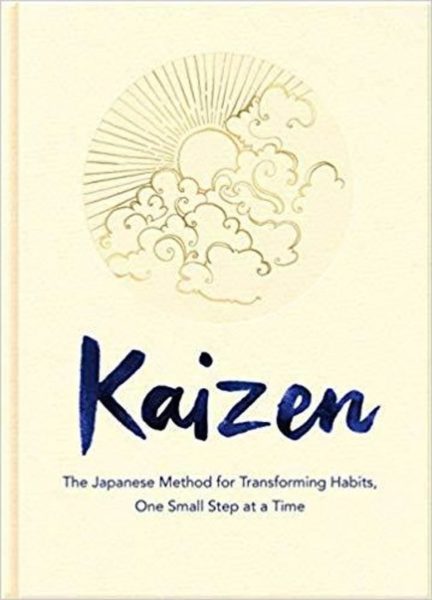
With its self-explanatory subtitle, “The Japanese Method For Transforming Habits, One Small Step At A Time”, this book is the reassuring friend you need to take into the new year. Especially as January rolls on, and your resolutions seem to be losing steam with each passing day.
Kaizen is a Japanese philosophy of self-improvement through incremental progress. It preaches temperance by stages rather than in one fell swoop: So, instead of trying to turn vegan one fine day, why not make gradual changes to your diet over several weeks, even months, until the transition from enjoying rare steaks to fixing avocado shakes does not feel as dispiriting as it otherwise might? Sarah Harvey, who lived in Japan after fleeing a high-pressure publishing job in London, teaches you tricks to change your habits of eating, exercise, conducting relationships and spending money, drawing on examples from her own messed-up millennial life.
Ikigai by Hector Garcia and Francesc Miralle
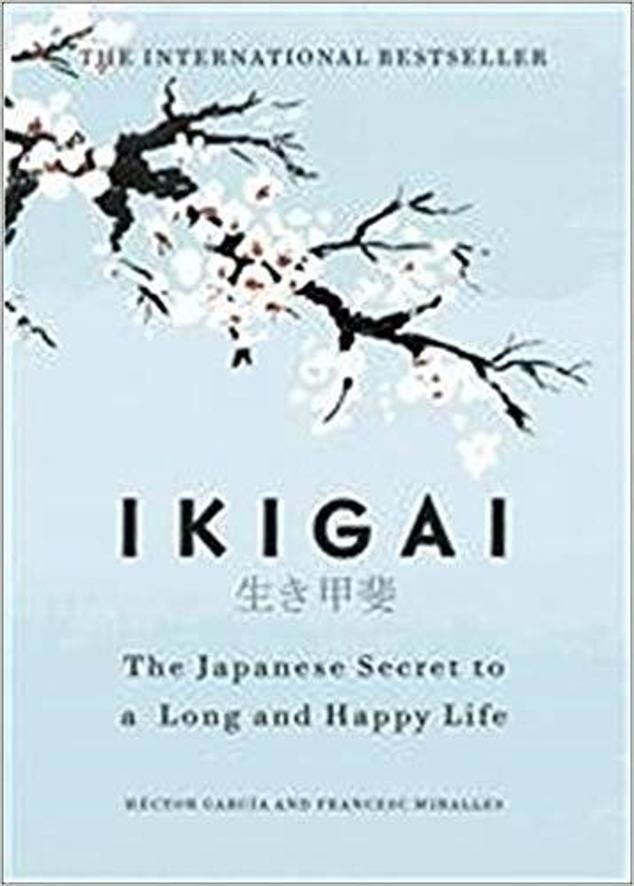
In the fine art of selling a book, the subtitle of this one wins hands down. Who wouldn’t want to pick a manual that promises to reveal “The Japanese Secret To A Long And Happy Life”? (Unsurprisingly, this was among the most popular books in India in 2019, according to the retail chain, Crossword).
Ikigai, an untranslatable word, refers to that impulse that gives individuals the reason to leap out of bed every morning, eager to face the day. And to the inhabitants of the island of Okinawa in Japan, which boasts among its population the world’s longest living people, this is one of the reasons behind their longevity. The authors show you ways of negotiating your inner ikigai so that you don’t succumb to a manic tendency to burn out along with your passion. They take you through the Okinawans’ standard diet, their social relations, and key to living the good life, through stages.
The Art of Discarding by Nagisa Tatsumi
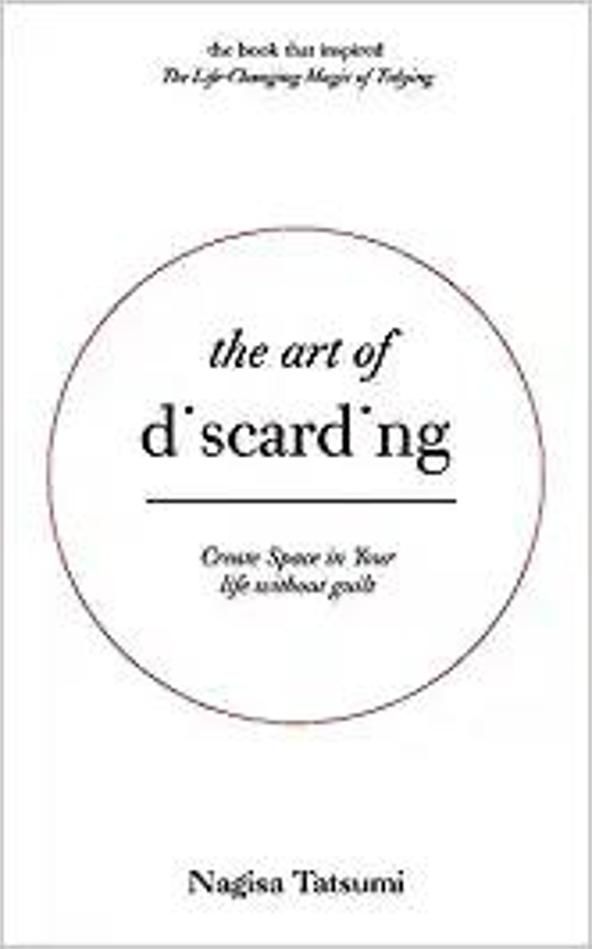
If the stated purpose of this book—to teach you “How To Get Rid Of Clutter And Find Joy”—sounds uncannily familiar, do not be surprised. In 2000, when Tatsumi published her guide to a clutter-free mind and home, it became a national sensation in Japan. Among the millions that were swept off their feet by it was a young woman called Marie Kondo, who not only learnt a great deal from Tatsumi’s book but also went on to become a global sensation herself over a decade and a half later. Not translated into English until recently, The Art Of Discarding delivers what it promises. It weaves in the story of Tatsumi’s personal journey of tidying up and connects it to the Japanese aesthetics of orderliness and calm.
Goodbye, Things by Fumio Sasaki
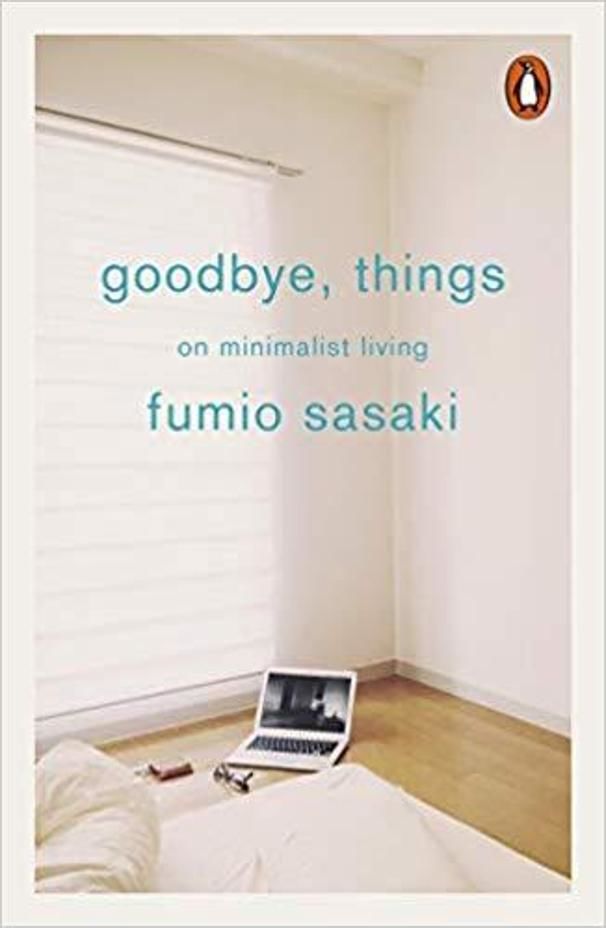
Originally published in 2015, this memoir-cum-manual became a best-seller when it was first published in English translation two years later. Its success was partly due to the moment in which it came out—at the peak of a global trend of minimalist living and the rise of the KonMari method. Sasaki’s story appealed to millions living in urban centres across the world, drowning in a deluge of possessions and struggling to keep pace with the indomitable march of materialism. Then a 39-year-old Tokyo-based publishing professional, Sasaki set an example by culling his unwieldy collection of books and music CDs, then paring down his wardrobe to the bare essentials. At the end of this severe decluttering, his flat consisted of around 150 items, including clothes, shoes, kitchen equipment and other utilities.
A Beginner’s Guide to Japan: Observations and Provocations by Pico Iyer
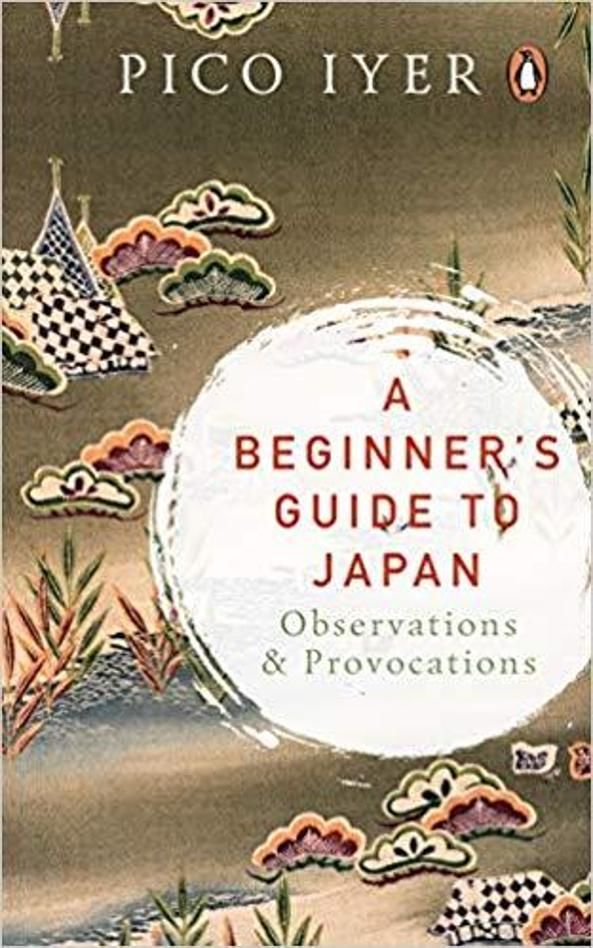
For a writer who has called Japan home for over 30 years, Pico Iyer is uniquely placed to demystify the country and its culture to the Anglophone world. Yet, in spite of being married to a Japanese woman and speaking the language, he still hasn’t lost his sense of wonder for his adopted homeland. Author of two full-length books on Japan that mix travel and memoir, Iyer takes an unconventional approach in this assortment of verbal fragments. Witty, acerbic, profound and full of aphorisms, this is a collection to dip in and out of. From love hotels to anime to seeking customer care at the neighbourhood Apple store, Iyer documents moments of hilarity and pathos in short bursts of episodes that allow us glimpses into a rich but famously insular ethos.
Japonisme by Erin Niimi Longhurst
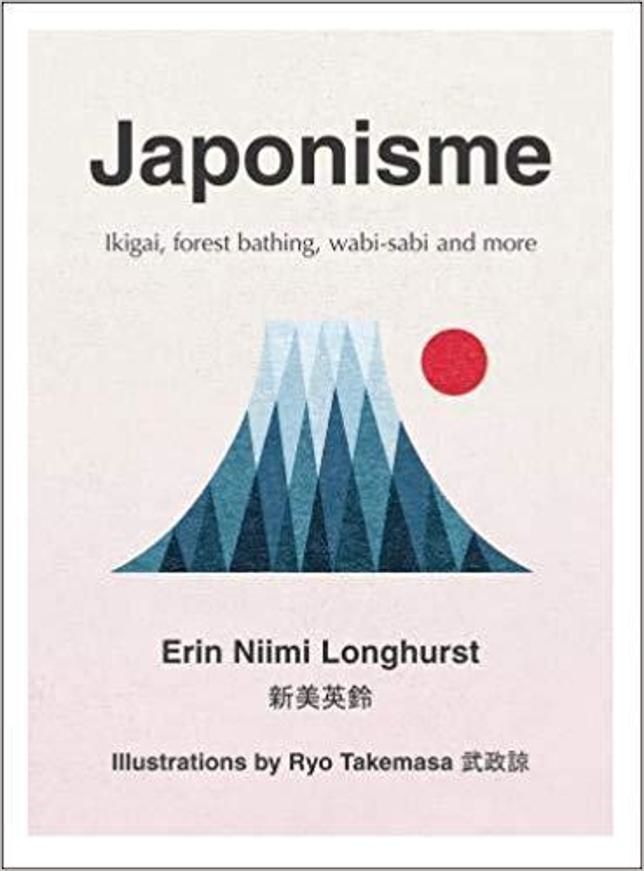
The influence of the Japanese way is perhaps most palpable in a newfangled vocabulary that seems to be gradually seeping into the English language. Words like ikebana (the art of arranging flowers), shinrin-yoku (forest bathing), and kintsugi (repairing ceramics with gold) are becoming the buzz among a generation of Japanophiles, who look up to the value systems of this ancient civilization for lessons to live intentionally in the 21st century. What this quick guide to the ins and outs of Japanese living lacks in substance, it makes up with its arresting design and photographs. Treat it like an aperitif that might inspire you to drink deeply from the well of wisdom that is Japanese philosophy.
A Monk’s Guide To A Clean House And Mind by Shoukei Matsumoto
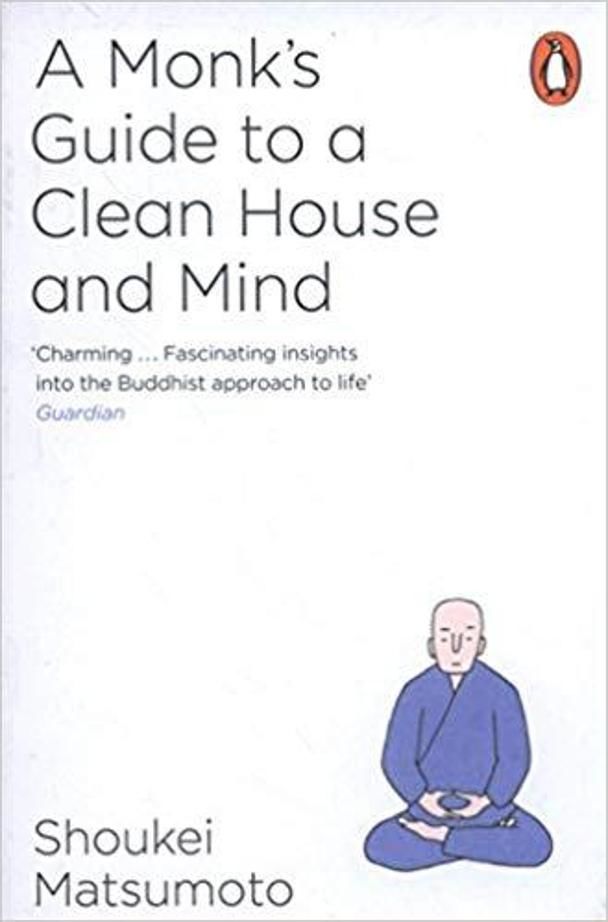
A Shin-Buddhist monk with an MBA degree from the Indian School of Business, Hyderabad, Shoukei Matsumoto cuts a striking figure for a religious figurehead. With one foot in the world of ideas, his other foot is strongly grounded in reality: He empathizes with the vanity of human wishes, knows too well about the vulnerability of ordinary mortals to the forces of, say, procrastination, and draws striking parallels between a clean home and a clear mind. From storage and tableware to brushing your teeth and cutting your hair, Matsumoto has a word of advice on how to get the best out of the most ordinary components of everyday life.
The Courage To Be Disliked by Ichiro Kishimi and Fumitake Koga
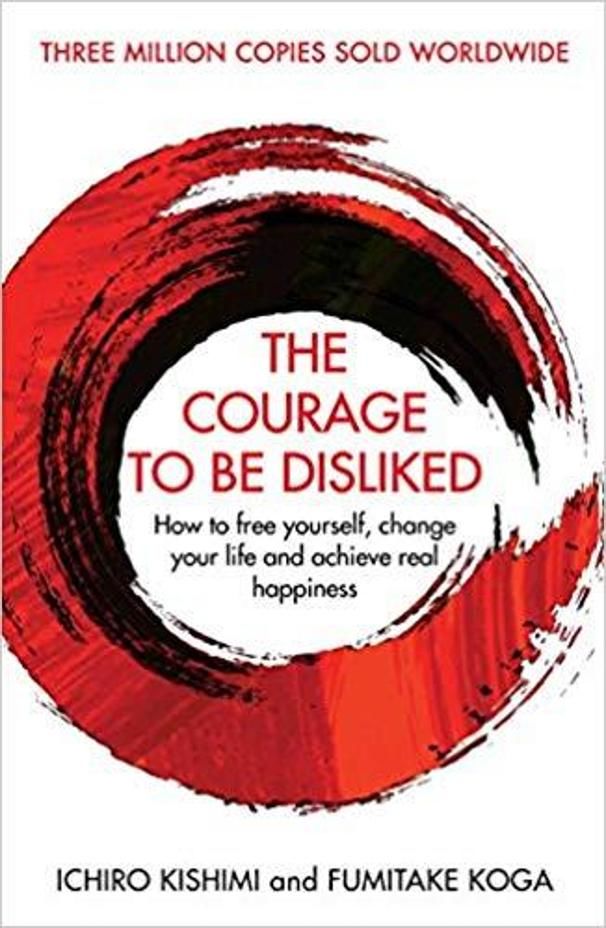
Pitched as a series of dialogue between a youth and a philosopher (think of a modern-day Socrates and Alcibiades, whose arguments are honed by the knowledge of psychoanalysis and transactional analysis), this book tells you “How To Free Yourself, Change Your Life And Achieve Real Happiness. Sounds like old wine in a new bottle? That’s partly true, except that the route that the writers adopt is based on counter-intuitive examples. Topics like power struggle and revenge, the desire for recognition and the craving to satisfy everyone are dealt with crisply. This may be a panacea for beleaguered corporate executives, who battle with conflicting emotions every day in intensely high-stress scenarios.
Zen: The Art of Simple Living by Shunmyo Masuno
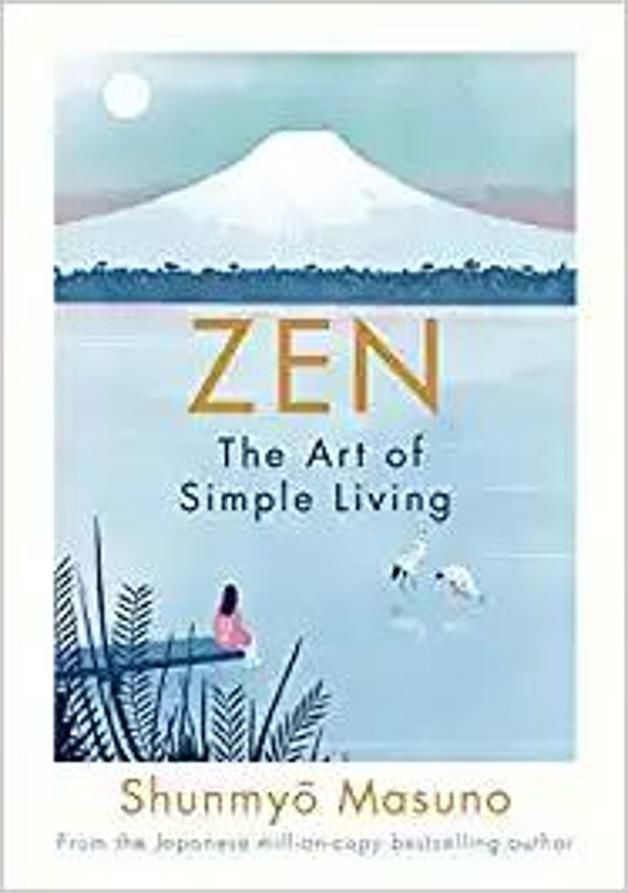
Over the years, the meaning of Zen has evolved from its spiritual connotations and slipped into our daily speech as an ironic byword for being aloof, spaced out, or even detached. But practising Zen in daily life requires cultivating strict discipline, unshakeable fortitude, self-control and mindfulness. In this potted survey of Zen in theory and practice, a Buddhist monk opens the doors of our perception to the intricate rituals of this philosophy, including the difficult art of living a simple yet rich life.
Shinrin-Yoku: The Japanese Way Of Forest Bathing For Rest and Relaxation by Yoshifumi Miyazaki
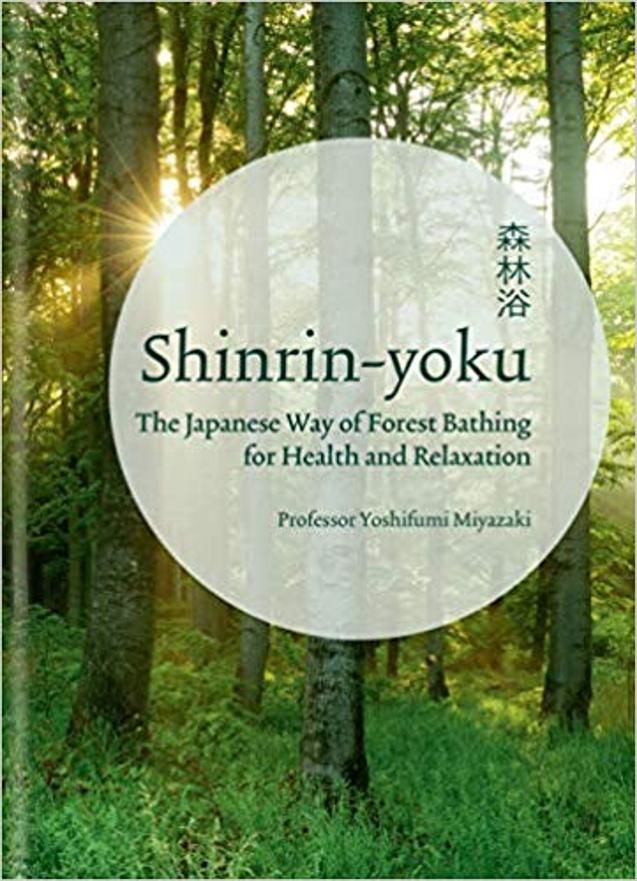
Although the palliative effect of nature on our mind and body is common knowledge now, the Japanese have known of this phenomenon for years. And they also have a term for mindfully spending time in nature. Shinrin-Yoku, or forest-bathing, as it is literally translated, doesn’t involve getting wet, unlike what the term seems to imply. Rather, it urges people, especially those working long and hard hours in big cities, to retreat periodically into nature and soak in the positive energies released by trees. Miyazaki gives you a low-down on the science and art of walking slowly and mindfully through forest




